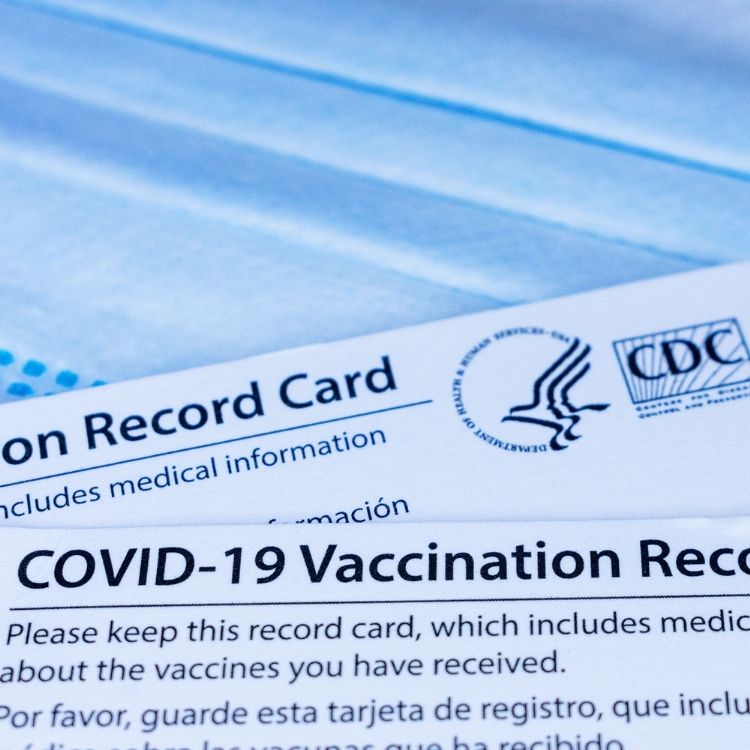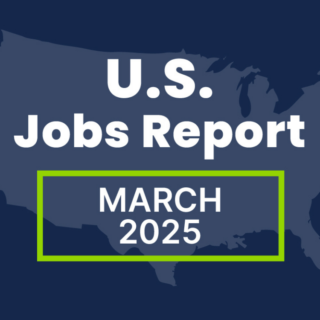In January, the U.S. Supreme Court granted a temporary stay on the implementation of the Occupational Health and Safety Administration (OSHA) Emergency Temporary Standard (ETS) requiring employers with 100 or more employees to require proof of vaccination or weekly COVID-19 testing.
This means that the ETS is on hold for further review by the U.S. Court of Appeals for the Sixth Circuit and a potential return to the Supreme Court. For employers, this ruling is not a final decision on the issue, but it does give them more time to prepare if the ETS does ultimately take effect. However, it also indicates for employers that the current Supreme Court is unlikely to approve the requirement.
The ruling also does not apply to any state or local requirements. Littler maintains a chart of vaccine-related legislation by jurisdiction. In some states, lawmakers have taken steps to limit or prevent vaccine mandates, while other states, cities and counties already have vaccine mandates in place for certain workers. Employers should work with legal counsel to determine if they are impacted by any existing legislation.
Employers that are not impacted by any federal, state or local legislation, can choose policies and practices best suited to their business as long as those policies do not violate the law, according to law firm Jackson Lewis. According to U.S. Equal Employment Opportunity Commission (EEOC) guidance, employers are able to mandate vaccines in most cases, but they must provide reasonable accommodations for employees who cannot receive the vaccine because of certain medical conditions or sincerely held religious beliefs.
Employers who are asking about vaccination status should take care in their approach. Tracking employee vaccination status can help employers determine whether workers need to wear masks, how quickly they can return to the workplace after an exposure to COVID-19 or if they can increase capacity in offices, but employers should be cautious in asking follow-up questions about why a person has not gotten the vaccine. According to SHRM, questions about why an employee is not vaccinated could be subject to the Americans with Disabilities Act (ADA).
As for workers, surveys show they are split on vaccine mandates, with a small majority (53%) saying they want to see their workplace introduce the proper technology that could record proof of COVID-19 vaccination.



